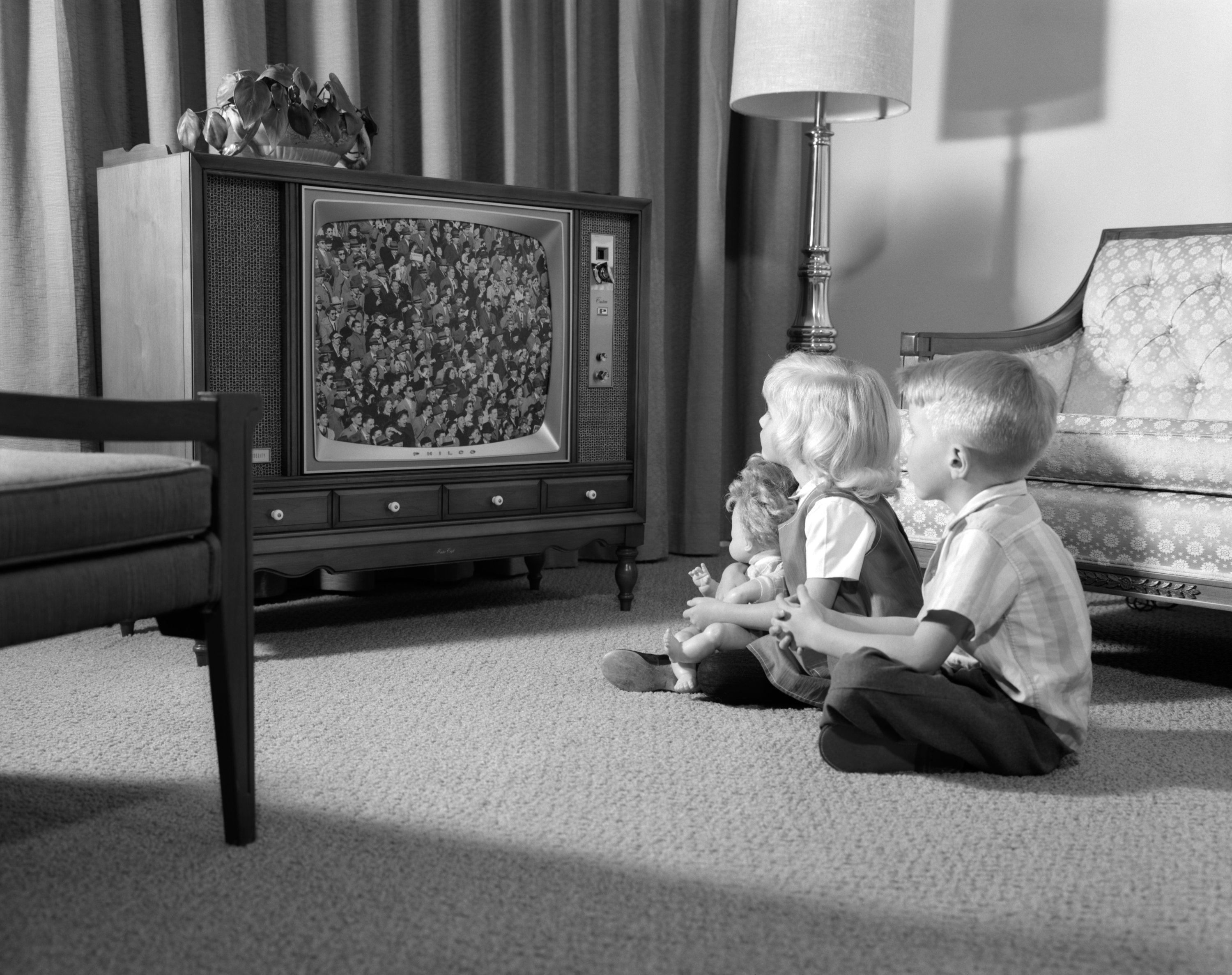© Turkuvaz Haberleşme ve Yayıncılık 2026
Imagine a world without the familiar flicker of a television screen – a challenging thought, isn't it?
From its early invention in the late 19th century, television was viewed not just as a novelty but as a fascinating and unexplored technological marvel, hinting at possibilities that were yet to be fully realized.
It took over a decade of innovation to bring the first TV sets to the market, initially seen as a luxury few could afford.
Fast forward to the 21st century, and television has reinvented itself. No longer just a medium for broadcast and cable content, today's televisions are dynamic multimedia hubs, offering various types of streaming videos, music and even internet browsing.
The concept of television emerged through the contributions of many individuals in the late 19th and early 20th centuries.
In 1927, American inventor Philo Taylor Farnsworth made a significant contribution by introducing the world's first electronic television. A year later, in 1928, W3XK, the first mechanical television station created by Charles Francis Jenkins, aired its inaugural broadcast.
After World War II, black-and-white TV broadcasting became popular in the United Kingdom and the United States, and TV sets became common in homes, businesses and schools. In the 1950s, television became a good medium for influencing public opinion.
The term "television" was first used at the Paris World's Fair in 1900, where the first International Congress of Electricity was held. The word was coined by Russian scientist Constantin Perskyi.
The first remote control for a television was created in 1950 by Zenith Radio Corporation. This early remote, known as "Lazy Bones," used a wired connection to the television. In 1955, Eugene Polley developed a wireless remote control called the "Flashmatic."

On Nov. 21 and 22, 1996, the U.N. hosted the first World Television Forum, bringing together leading media figures. Under the supervision of the U.N., they discussed television's increasing importance in our evolving world and explored ways to enhance their collaboration.
Following this significant event, the U.N. General Assembly took a decisive step by officially establishing World Television Day. Through resolution 51/205, Nov. 21 was chosen as World Television Day.
This recognition was a testament to the growing influence of television in shaping our decision-making processes. With television, we could witness global events and access information from around the world, all from the comfort of our living rooms.
As emphasized by the U.N. Educational, Scientific and Cultural Organization, World Television Day serves as a celebration of how television has emerged as a symbol of connectivity and globalization in the 21st century.
According to Statista, global television market data indicates that 2021, there were approximately 1.72 billion TV households worldwide. According to the same source, this number is expected to increase by over 1.8 billion by 2026.
